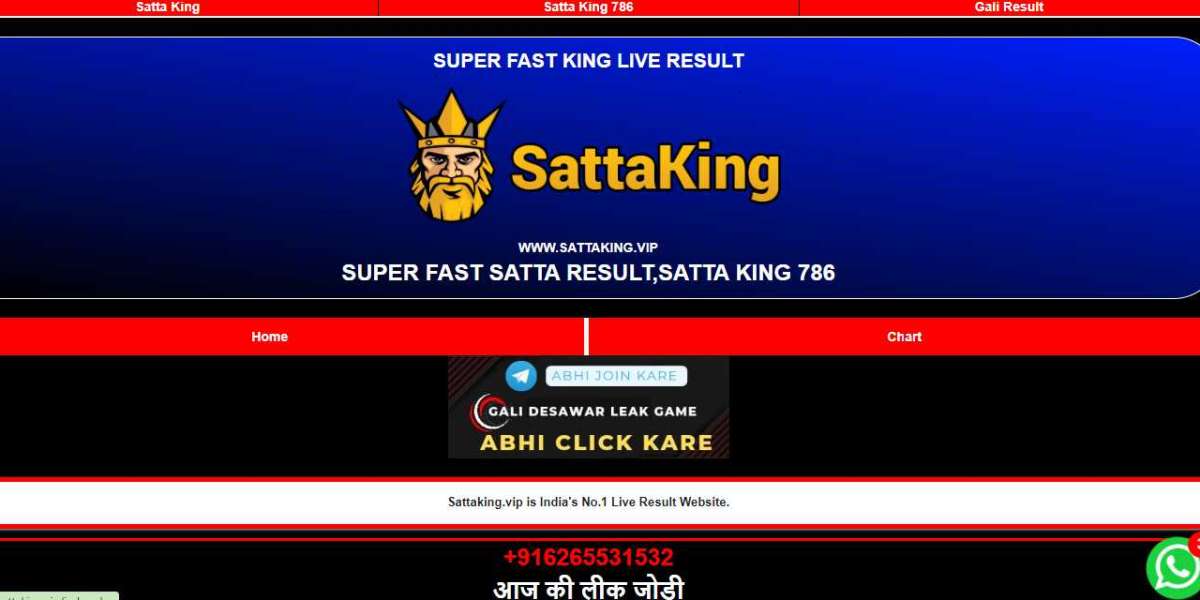Introduction:
Life insurance is an essential financial tool that provides protection and financial security to individuals and their loved ones in the event of unforeseen circumstances. In India, there are various types of life insurance policies available, each catering to different needs and objectives. This article aims to provide an overview of the different types of life insurance policies in India, their features, and benefits.
- Term Life Insurance:
Term life insurance is the simplest and most affordable type of life insurance policy. It provides coverage for a specified term or duration, typically ranging from 5 to 30 years. If the policyholder passes away during the policy term, the nominee receives a death benefit. Term life insurance does not have any cash value or investment component and is solely focused on providing pure protection.
- Whole Life Insurance:
Whole life insurance provides lifelong coverage, unlike term insurance which is for a specific period. These policies combine a death benefit with an investment component known as cash value. The premiums for whole life insurance are generally higher than term insurance, but they remain level throughout the policyholder's life. The policyholder can also borrow against the cash value or withdraw it during their lifetime.
- Endowment Policies:
Endowment policies are a combination of insurance and savings. They offer both protection and a savings component. These policies provide a death benefit in case of the policyholder's demise during the policy term. If the policyholder survives the term, they receive the maturity benefit, which is the sum assured along with accrued bonuses. Endowment policies are suitable for individuals looking for insurance coverage and savings over a specific period.
- Money-Back Policies:
Money-back policies are similar to endowment policies but with periodic payouts during the policy term. Under these policies, a percentage of the sum assured is paid back to the policyholder at regular intervals. In case of the policyholder's death during the policy term, the nominee receives the full sum assured irrespective of the payouts already made. Money-back policies provide periodic liquidity to policyholders, making them suitable for meeting financial goals at different stages of life.
- Unit Linked Insurance Plans (ULIPs):
ULIPs are life insurance policies that offer both insurance coverage and investment opportunities. A portion of the premium paid is allocated towards life insurance, while the remaining is invested in different asset classes such as equity, debt, or balanced funds. Policyholders have the flexibility to switch between funds based on their risk appetite and investment objectives. ULIPs provide the potential for wealth creation and allow individuals to actively manage their investments.
- Pension Plans:
Pension plans, also known as retirement plans or annuity plans, are designed to provide a regular income after retirement. These policies help individuals build a corpus during their working years, which is then used to purchase an annuity. An annuity provides a steady income stream throughout the policyholder's retirement years. Pension plans ensure financial stability during retirement and are an ideal choice for individuals looking for long-term financial security.
Conclusion:
Choosing the right type of life insurance policy in India depends on an individual's financial goals, risk tolerance, and requirements. Whether it's pure protection, savings, investment growth, or retirement planning, there is a life insurance policy to suit every need. Understanding the features, benefits, and limitations of different types of life insurance policies is crucial for making an informed decision and securing the financial future of oneself and loved ones. It is advisable to consult with a financial advisor or insurance professional to determine the most suitable life insurance option based on individual circumstances.








